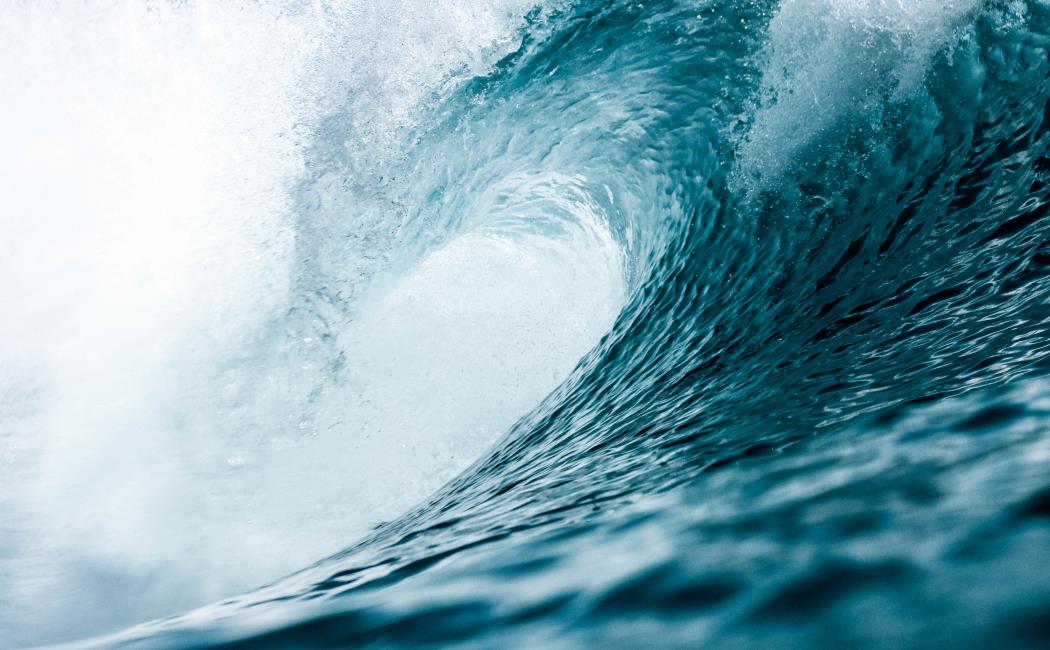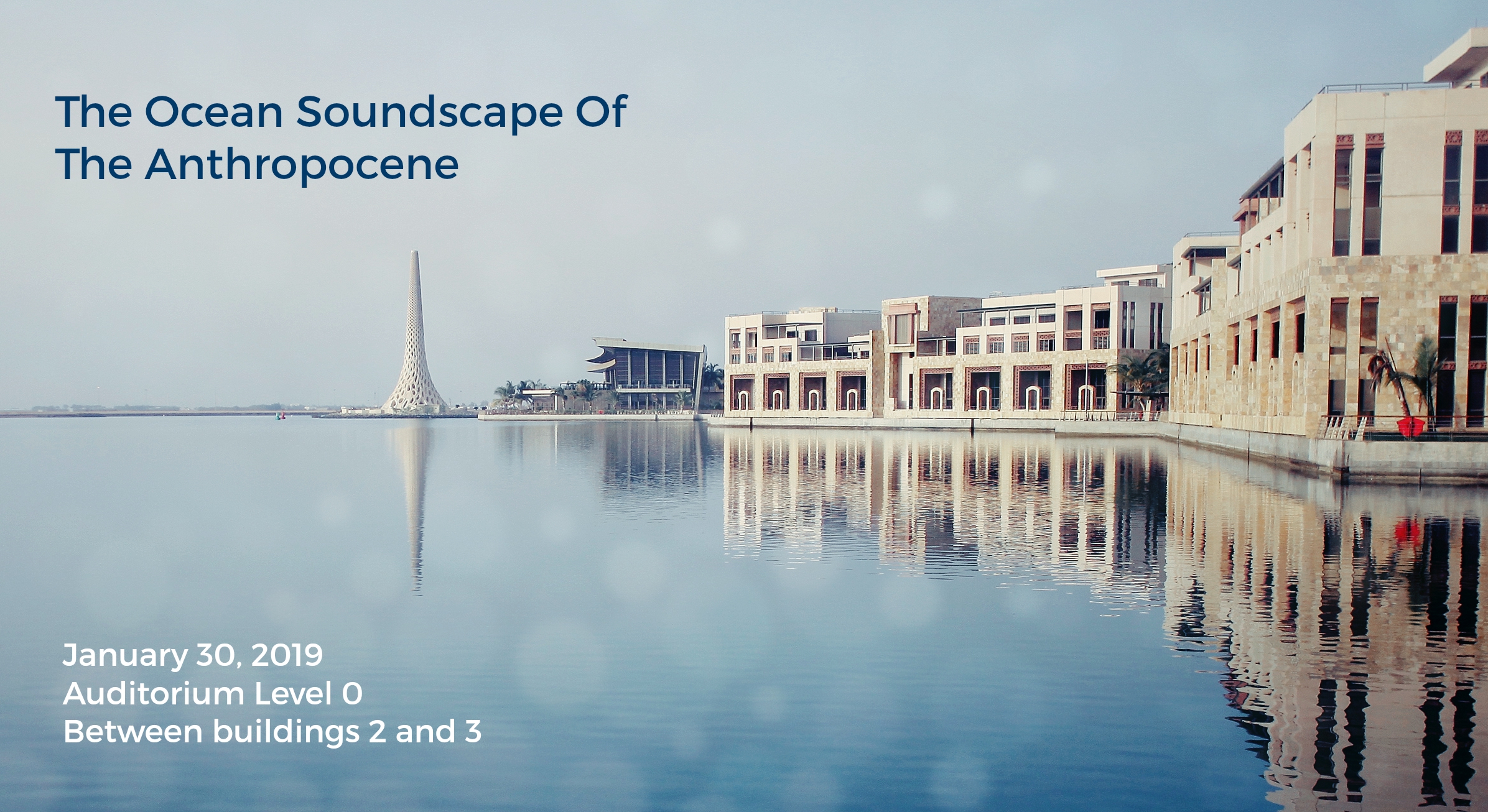



2019 Tarek Ahmed Juffali Research Chair in Red Sea Ecology Workshop
Convenor: Carlos Duarte, Tarek Ahmed Juffali Research Chair in Red Sea Ecology, Red Sea Research Center, King Abdullah University of Science and Technology (carlos.duarte@kaust.edu.sa)
Co-convenor: Francis Juanes, Liber Ero Professor of Fisheries, University of Victoria (juanes@uvic.ca)
The underwater ocean soundscape is a critical but understudied habitat feature directly affecting marine animals that rely on sound. However, with increasing human activity the ocean has become noisier. This is especially true with the advent of submarine construction and seismic exploration, and the ever-increasing noise produced by shipping and other human activities. Noise travels much further through water than air and thus has the capacity to have more widespread effects on marine life, especially those that have evolved to use sound to communicate, locate prey and habitats, and detect risks. The soundscape is composed of three elements: biophony, geophony, and anthrophony. Anthrophony, artificial sound, is likely to have changed the most in the Anthropocene, potentially dominating ocean soundscapes.
In this workshop, we will bring together researchers measuring, describing, and comparing soundscapes in marine ecosystems across the world. The speakers will address questions such as: How have soundscapes changed in the Anthropocene, particularly the role of the anthrophony? Is the biophony, and thus most animal communication, potentially masked by anthropogenic noise? Are there spatial (tropical vs temperate vs polar, freshwater vs marine, coastal vs offshore) and temporal (diel, seasonal) differences in the dominance of noise? Is acoustic complexity related to marine biodiversity? What can we learn from relatively undisturbed ecosystems about the effects of noise, and are there conservation strategies to mitigate such negative effects?
The event will consist of the following components: (tentative agenda)
3:00 pm Welcome and introduction to the topic
Prof. Carlos M. Duarte, RSRC, KAUST
3:05 pm - 3:30 pm Noise pollution as a global stressor on marine life [Public Lecture]
Prof. Hans Slabbekoorn, Leiden University
3:30 pm - 4:00 pm An Audio Topography of the Ocean: A personal journey to the hidden depths
Jana Winderen, multimedia artist (cf. https://janawinderen.bandcamp.com)
4:00 pm - 5:00 pm Six 10' TED-like talks by workshop participants
1. Homing by hearing: ocean soundscapes and fish navigation
Tim Gordon, Exeter University
2. Understanding the Movement Patterns and Diving Behavior of an Antarctic Top Predator, the Leopard Seal
Dan Costa, U. California Santa Cruz
3. Surprising sounds from the sea
Erica Staaterman, Bureau of Ocean Energy Management, US Department of Interior
4. Piranha and their prey
Francis Juanes, University of Victoria, Canada
5:00 pm Closure